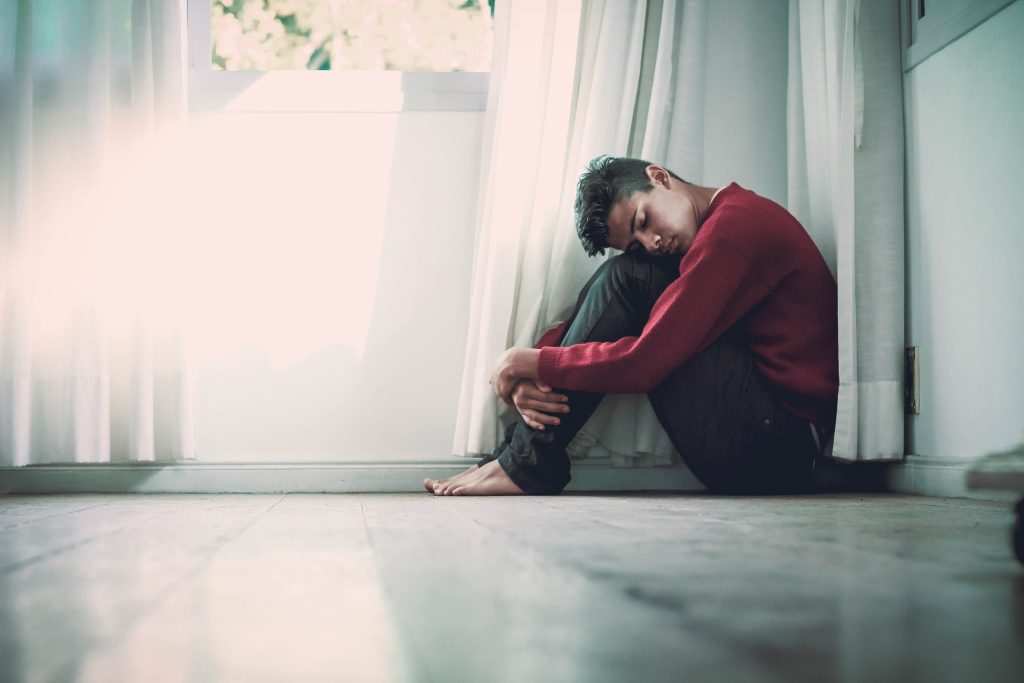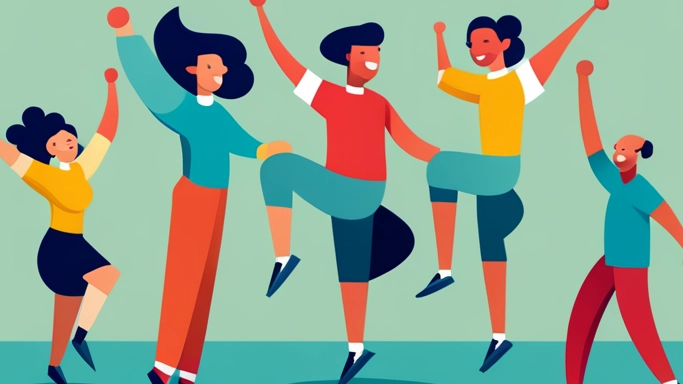Anxiety is a normal and often healthy emotion. However, when a person regularly feels disproportionate worry or fear, it can interfere with their daily life. Anxiety can cause physical symptoms such as a racing heart, shortness of breath, sweating, and muscle tension. It can also lead to emotional symptoms such as irritability, difficulty concentrating, and trouble sleeping.
There are many different ways to manage anxiety, including therapy, medication, and lifestyle changes. Lifestyle changes can be particularly effective in reducing mild to moderate anxiety. Here are 10 natural ways to reduce anxiety:
- Exercise
Exercise is one of the most effective ways to reduce anxiety. It releases endorphins, which have mood-boosting and stress-relieving effects. Exercise also helps to improve sleep quality, which can also reduce anxiety symptoms.
Aim for at least 30 minutes of moderate-intensity exercise most days of the week. Activities such as walking, running, biking, swimming, and dancing are all great options. If you’re new to exercise, start slowly and gradually increase the duration and intensity of your workouts over time.
- Meditation
Meditation is a mind-body practice that involves focusing your attention on the present moment. It has been shown to be effective in reducing anxiety and stress. There are many different types of meditation, but all of them involve sitting quietly and focusing on your breath.
If you’re new to meditation, start with a few minutes each day and gradually increase the amount of time you meditate as you get more comfortable. There are many guided meditations available online and in apps that can help you get started.

- Yoga
Yoga is another mind-body practice that can help to reduce anxiety. It combines physical postures, breathing exercises, and meditation. Yoga has been shown to be effective in reducing stress, improving sleep quality, and boosting mood.
There are many different types of yoga, so you can find one that’s right for your fitness level and interests. If you’re new to yoga, consider taking a beginner class at a local studio.
- Deep breathing exercises
Deep breathing is a simple but effective way to calm your mind and body. When you’re feeling anxious, your breath tends to become shallow and rapid. This can make your anxiety symptoms worse.
Deep breathing exercises can help to slow your breathing and promote relaxation. There are many different deep breathing exercises, but one simple one is to inhale slowly and deeply through your nose for a count of four, hold your breath for a count of four, and then exhale slowly through your mouth for a count of four.
- Spending time in nature
Spending time in nature has been shown to reduce stress and anxiety levels. Studies have found that people who spend time in nature have lower levels of the stress hormone cortisol and higher levels of the mood-boosting hormone serotonin.
If you can, try to get outside for at least 30 minutes each day. Even if you can only go for a walk in the park or sit on your porch, spending time in nature can help to reduce your anxiety levels.
- Listening to calming music
Listening to calming music can help to relax your mind and body. Studies have shown that listening to classical music or nature sounds can help to reduce anxiety and improve sleep quality.
Create a playlist of your favorite calming songs or sounds and listen to it when you’re feeling anxious or stressed. You can also listen to calming music while you’re working, studying, or relaxing at home.
- Getting enough sleep
When you’re well-rested, you’re better able to cope with stress and anxiety. Aim for 7-8 hours of sleep each night. If you’re having trouble sleeping, try to establish a regular sleep schedule and stick to it as much as possible. Create a relaxing bedtime routine and avoid caffeine and alcohol before bed.

- Eating a healthy diet
Eating a healthy diet can help to improve your overall mood and well-being, which can reduce your anxiety levels. Avoid processed foods, sugary drinks, and excessive caffeine and alcohol. Instead, focus on eating plenty of fruits, vegetables, whole grains, and lean protein.
- Limiting screen time
Too much screen time can lead to stress and anxiety, especially if you’re using your devices right before bed. Aim to limit your screen time to 2 hours per day or less. Take breaks from screens throughout the day and avoid using them in the hour before bed.
- Connecting with others
Social support is important for mental health, including anxiety management. Make time for the people who are important to you.
Sources:
- Walton, M., Murray, E., & Christian, M. D. (2020b). Mental health care for medical staff and affiliated healthcare workers during the COVID-19 pandemic. European Heart Journal. Acute Cardiovascular Care, 9(3), 241–247. https://doi.org/10.1177/2048872620922795
- Mehling, W., Wrubel, J., Daubenmier, J., Price, C., Kerr, C. E., Silow, T., Gopisetty, V., & Stewart, A. L. (2011). Body Awareness: a phenomenological inquiry into the common ground of mind-body therapies. Philosophy, Ethics, and Humanities in Medicine, 6(1), 6. https://doi.org/10.1186/1747-5341-6-6
- Hone, L. C., Jarden, A., Schofield, G., & Duncan, S. (2014). Measuring flourishing: The impact of operational definitions on the prevalence of high levels of wellbeing. International Journal of Wellbeing, 4(1), 62–90. https://doi.org/10.5502/ijw.v4i1.4







